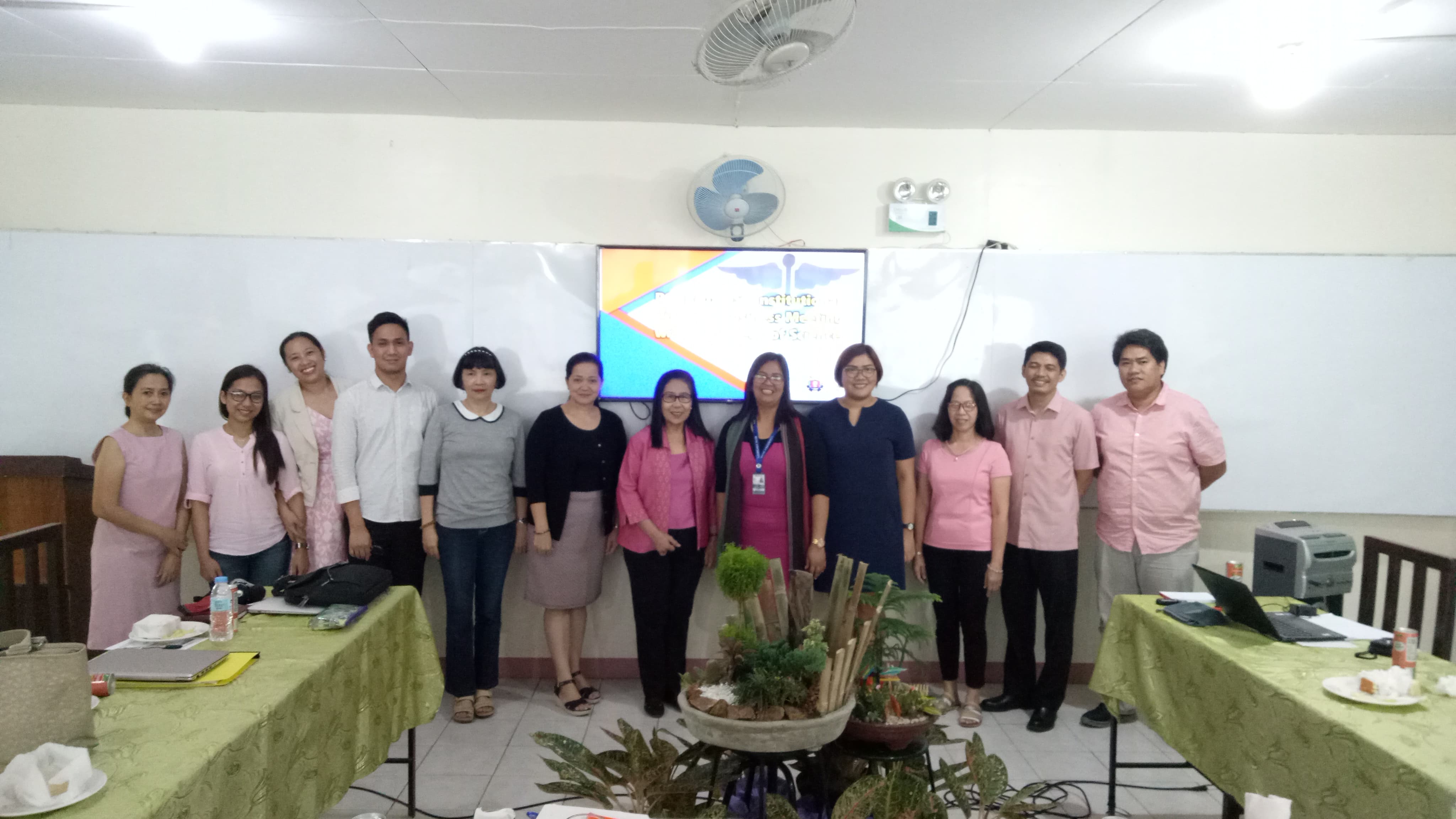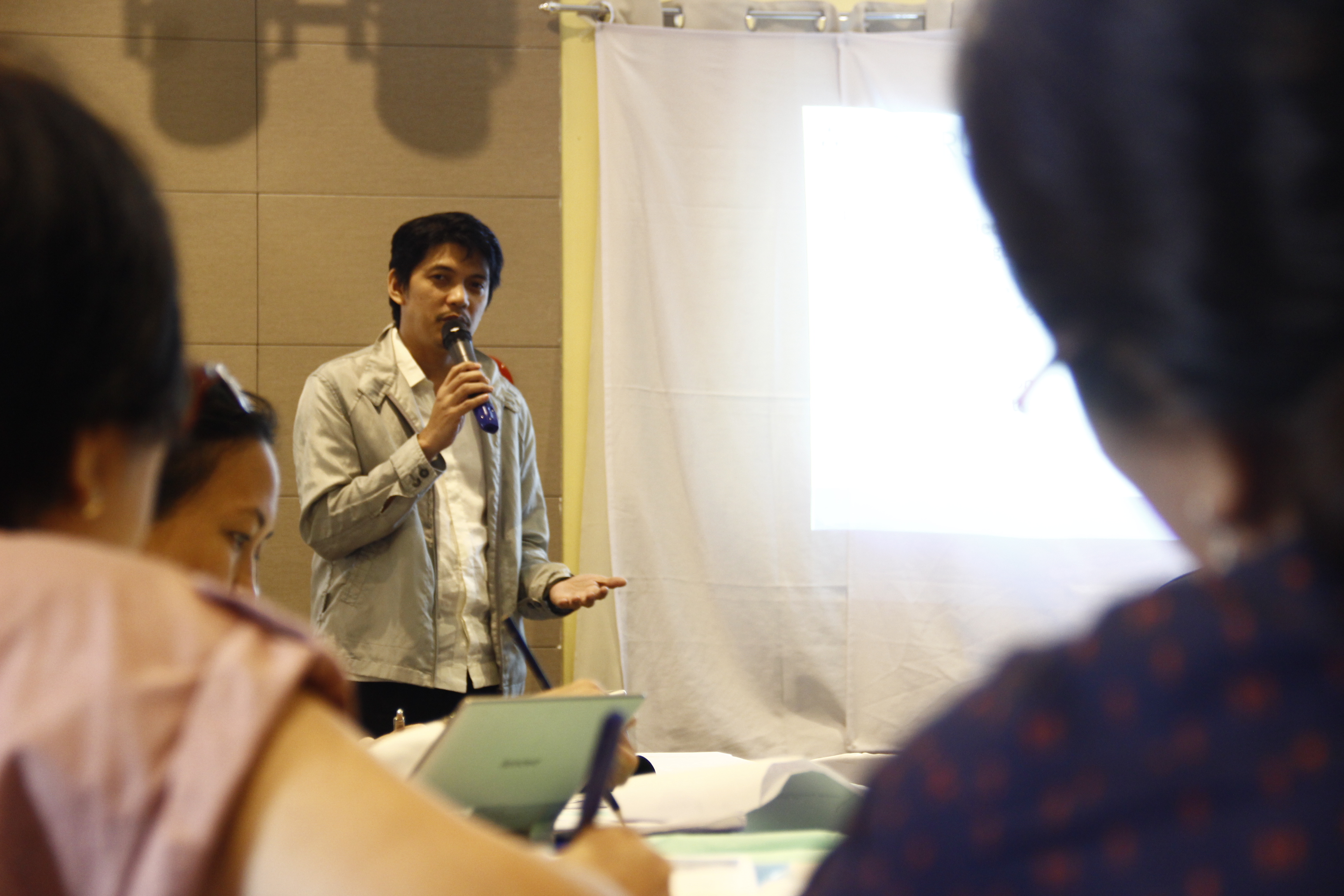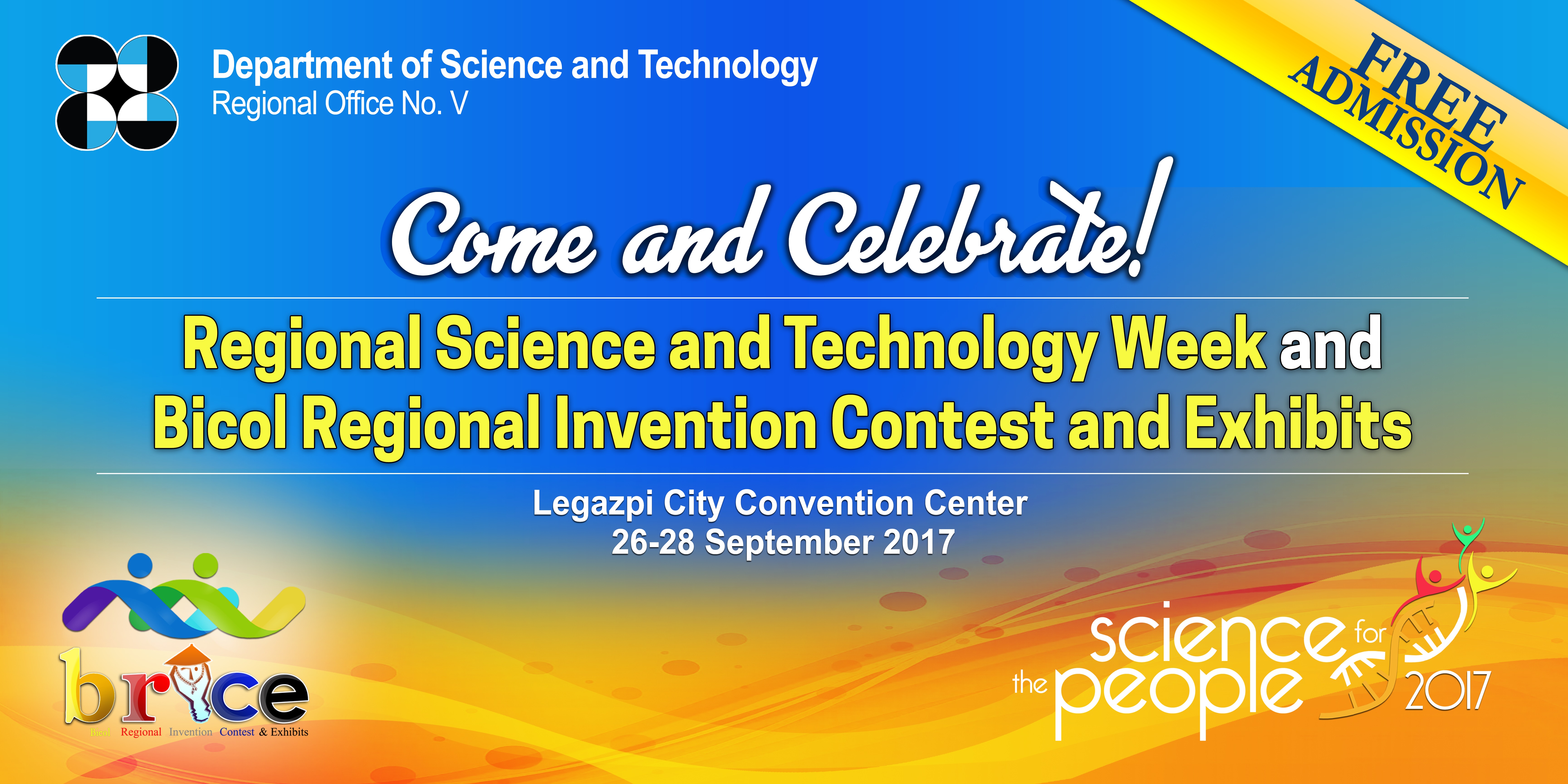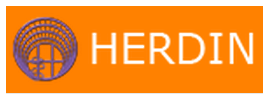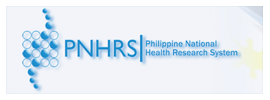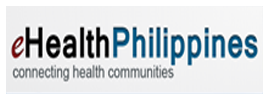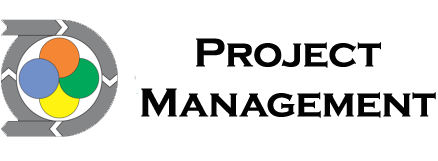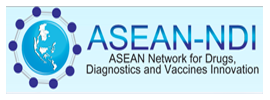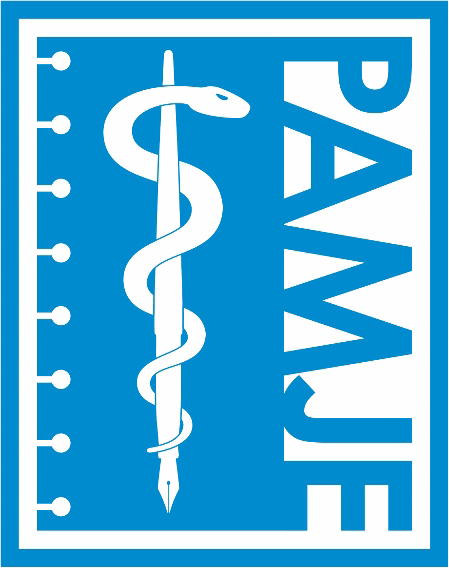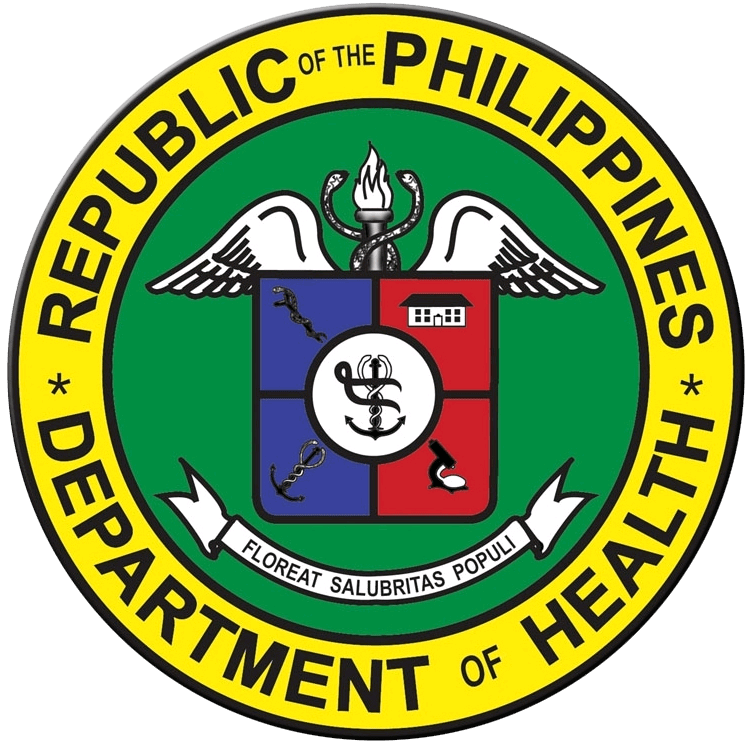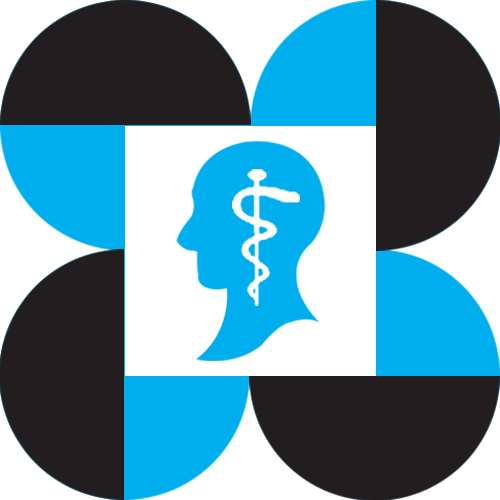CALL FOR APPLICATIONS: GELIA CASTILLO AWARD FOR SOCIAL INNOVATION IN HEALTH (GCASIH)
The Gelia Castillo Award for Social Innovation in Health (GCASIH) aims to recognize the outstanding models of social innovations that address persistent, societal and health systems challenges. The award also acknowledges the innovators at the frontlines. Through the innovators’ experience we can better understand how and why social innovations are impactful, the factors enabling their success and the lessons that can be gleaned from their experience to scale it more broadly in the larger health system.
The award is open to all ongoing social innovation programs or projects developed by Filipinos for the Filipinos. The entry must be implemented mainly in the Philippines.
For the purposes of this Award, Social innovations in Health (SIH) is defined as a novel solution (process, product, practice, market mechanism) created and implemented by a range of stakeholders, in response to a priority health need within a geographical context. This may come from a formal or informal research process that has enabled innovation has enabled health care that is more inclusive, affordable and effective.
Who can nominate?
- Any institution - public or private
- Members of the consortium
- Scientific, technological and professional societies or associations
- Research institutes
- Universities and colleges
Individuals
*Self-nomination is not allowed.
Criteria
- Eligibility. The research or innovation program or project will be considered for shortlisting based on the following eligibility criteria. The entry or entries:
- Must be developed by Filipino/s.
- Must be implemented for at least one (1) year.
- Based on an identified priority health need of a community or geographical context.
- Complete application form (that has sufficient information for a fair review) submitted within the set deadline.
- Selection. The shortlisted, eligible entries will be reviewed by an external selection panel based on the following selection criteria
| SELECTION CRITERIA | DESCRIPTION | WEIGHT |
| General/ Generic Criteria | ||
|
The innovation provides a novel approach to address a systemic health challenge within the context. It provides an alternative to the status quo | 25 % |
|
2. Inclusiveness |
The solution has the potential to be used by a large number of people, enhancing equity and access | 15% |
|
3. Affordability |
The solution is affordable to the poor who are otherwise excluded in the local context or the solution is more cost-effective than the status quo | 15% |
| 4. Effectiveness | The solution has a demonstrated positive outcome on the health challenge it is addressing | 15% |
| Country- specific Criteria | ||
| 1. Based on Health Need | The solution addresses a health priority of the Philippines (as defined by the National and/ or Regional Unified Health Research Agenda), or a priority in a more localized level such as prevalent yet neglected health problem in a town or a marginalized group/ ethnic group | 10% |
| 2. Participatory & Co-Owned | Participatory approach is evident in the development, implementation, and evaluation of the innovation (i.e. contributions from various stakeholders: the patients/ families, local health personnel, local leaders, other sectors) | 10% |
| 3. Has Potential for Integration/ Scale | Feasibility for the solution to be applied, replicated and scaled up to other communities with similar problems. | 10% |
GCASIH Secretariat
Nomination Procedures
- How to nominate
- Nominations should be made using the prescribed nomination form. All entries must be submitted to and endorsed by an institutional RHRDC Member.
- RHRDC Secretariat will evaluate the submissions based on eligibility criteria
- All interested parties may submit in person, through a courier or through an electronic mail. All entries must be submitted to the Regional Health Research and Development Consortia (RHRDC). A list of contact persons and addresses per RHRDC will be provided. A web-based nomination platform will also be designed to those who wish to submit online. The platform can help facilitate receiving, storing and processing of nominations
- Aside from the fully accomplished nomination form, all interested parties are requested to submit relevant documentary proofs (e.g. publications, technical reports, certifications, photographs)
- Schedules and Deadlines
Nominations are accepted and reviewed on a rolling basis. Entries received after the deadline may be considered in the next cycle. However, strongest consideration will go to those entries submitted on or before the prescribed deadline.
Procedure for Selection
There will be two (2) levels of selection:
- The Preliminary Screening or Shortlisting
- Final Selection
Preliminary
- Preliminary screening/Shortlisting
- The RHRDC will be responsible for the initial review and shortlisting of all entries based on the eligibility criteria. The applicants whose nominations have been excluded should be emailed directly to be informed that their nomination did not meet the eligibility criteria.
- The RHRDC will then recommend the shortlisted entries to an independent panel of experts to be appointed/convened by the DOST-PCHRD and the DOH for evaluation and final selection.
Final Selection
- A panel of experts will be convened based on the number of shortlisted entries received.
- Allocation of entries to expert panel will be in two distinct ways:
First: targeted allocation where the entry will be matched to a reviewer that have some or is an expert in the focus area of the innovation being presented
Second: random allocation
This dual approach will help ensure that the selection process is relevant and fair. If there is a conflict of interest in the allocation, the entry should be reassigned.
- Once the review panel has been organized, they can begin the process of scoring nominations. Each nomination will be evaluated by two reviewers and will be scored on a scale of 1 – 5 in 0.5 increments. An online scoring platform is proposed to be developed to make the evaluation more unified and transparent.
- Once all scores have been received from the selection panel members, the two scores for each nomination should be averaged. The full list of nominations must then be ranked by these average scores.
- Once the final selection has been concluded and before the public announcement is made, each applicant should be directly contacted with the outcome of the decision (i.e. was or was not selected).
- If no innovation sufficiently meets the qualifications, the expert panel has the prerogative not to give the award.
- The decision of the expert panel of reviewers is final.
| DESCRIPTION | RANGE |
| Outstanding | 4.5/ 5.0 |
| Excellent | 4.0 |
| Very Good | 3.0 /3.5 |
| Ordinary | 2.5 |
| Needs more thought | 1.5 /2.0 |
| Flawed | 1.0 |
Incentives
Option A:
The Award consists of a cash prize of Php 100,000 each and a trophy for the top 3 socially innovative projects.
Alternatively, we can award:
Php 200,000 for the top socially innovative project and Php 50,000 each as consolation incentives for top 2 and 3 projects/innovations respectively.
OR
One winner each in Luzon, Visayas, and Mindanao with cash incentive of Php 100,000 each.
Option B (in the future/subsequent calls):
Innovation acceleration fund (between Php 300,000 – Php 500,000) + capacity building package/workshop with partner institution (e.g. SIHI Philippines Hub and/or Asian Institute of Management) to further expand and scale the innovative project.
DEADLINE OF SUBMISSION OF NOMINATIONS WILL BE ON APRIL, 2019.
LEGAZPI CITY-The DOST through the Philippine Council for Health Research and Development (PCHRD) initiated a program called Tuklas Lunas as an effort to discover safe and effective natural alternatives to allopathic medicine in partnership with the academe, and the industry to screen marine, microbial and plant species for pharmacologic activities. To expand the coverage of the Tuklas Lunas researches across the country taking into account the Philippines' rich biodiversity, the PCHRD plans to establish more Tuklas Lunas Development Centers (TLDCs), with Region V as one of the target sites.
With this, the DOST-PCHRD Tuklas-Lunas Program Team headed by Dr. Amelia P. Guevarra, Chair of the Technical Advisory Group, Ms. Melissa Bulao, Tuklas Lunas Program Coordinator and Mr. Aldrick B. Verano, project management officer conducted institutional visits to Department of Science and Technology V (DOST V), University of Santo Tomas- Legazpi (UST-Legazpi) and Bicol University (BU) last October 8-9, 2018 to discuss possible collaboration, repackaging and expansion of the scope of the proposal as the program following the project proposal submitted by Dr. Lilibeth A. Cajuday, a professor of Biology department of the Bicol University.
The said meeting was attended by the president of Bicol University and BCHRD Chairperson, Dr, Arnulfo M. Mascarinas, Dr. Jocelyn Serrano, dean of BU-College of Science, Dr. Lilibeth A. Cajuday, project leader of the study submitted, Prof. Michael Montealegre, BCHRD director, Dr. Rafaelita Lucena, DOST V representative, BUCS faculty and staff as well as DOST V and BCHRD staff.
During the said meeting, the objectives and the process of drug research under the Tuklas Lunas Program were discussed by Ms. Melissa Bulao followed by the presentation of the project proposed by Dr. Lilibeth Cajuday and the presentation of the Manpower and Facilities of the Bicol University relevant to the program. Comments of the Tuklas Lunas advisory team were given after. The visit was ended with a tour of the natural science laboratory of the Bicol University.
CALL FOR PARTICIPATION
Application deadline: December 8, 2017
REGISTRATION IS FREE (limited slots only)
The Department of Science and Technology - Philippine Council for Health Research and Development (DOST-PCHRD) and Bicol Consortium for Health Research and Development (BCHRD), in cooperation with Philippine Association of Medical Journal Editors (PAMJE) and Asia Pacific Association of Medical Journal Editors (APAME) is organizing the 13th National Medical Writing Workshop and 6th Writeshop for Young Researchers on 8-9 January 2017 in Legazpi City. The workshop aims to help young investigators in health and health social sciences acquire practical knowledge and skills in preparing a scientific article for publication in a scholarly peer-reviewed journal. Successful applicants will be granted free workshop registration, accommodation for participants and meals during the workshop, and assigned to a mentor-facilitator who will guide them in preparing their articles for a brief presentation.
The Philippine National Health Research System and Philippine National Ethics Board launches the 2017 National Ethical Guidelines for Health and Health-Related Research last August 24, 2017 at PICC, Pasay City, Metro Manila during the 11th PNHRS Week Celebration.
During the PNHRS Pre-conference session entitled, Emerging Issues in Research Ethics, Dr. Marita V.T. Reyes discussed the introduction and highlighted the new provisions to the National Ethical Guidelines for health and Health-Related Research and in the 2017
Two hundred copies of the said handbook were produced and was distributed during the launching. PHREB apologizes to attendees that due to the limited copies produced, only the accredited RECs will be given a copy and only one per institution.
PHREB guarantees that the copy of the 2017 national ethical guidelines is readily available for download at their website http://www.ethics.healthresearch.ph/ (BCHRD/Kevin Capoles)
The Philippine Health Research Ethics Board-Committee on Standards and Accreditation (PHREB-CSA) and Forum for Ethical Review Committee in the Asian and Western Pacific Region (FERCAP) conducted a 4 day training and survey visit for PHREB Accreditation last August 13-16, 2017 at University of the East Ramon Magsaysay Memorial School, Aurora Blvd. Quezon City.
The training consists of lectures and group on topics related to PHREB visit and by a practicum on-site visit from August 15-17, 2017 at the same institution.
It was attended by six accreditation trainees including members and staff of BHCRD. The attendees were divided in to three groups. Each group was headed by a team leader from PHREB or FERCAP surveyor. Group 1 was led by Dr. Tri Wibawa, group 2, Dr. Tito Atienza and group 3 was Prof. Michael Peralta. (BCHRD/Kevin Capoles)
In an effort to increase the capacity of health researchers in the region, the BCHRD will be organizing program called “Bicol Health Research Training Environment (Bicol HeaRT): Training Program for Researchers”, a scholarship program designed to capacitate researchers who have interest in conducting health and health-related researches along with the identified research priorities in the region.
Submitted concept notes shall be screened by a group of experts in health research and its proponents shall be accepted in the scholarship program who shall undergo a series of trainings and workshops to come up with a full blown proposal for funding of DOST-PCHRD, DOH or other funding agencies. Slots will be prioritized to applicants from member-institutions of BCHRD. Accepted scholars shall enter into a contract between the proponent, agency and BCHRD.
Attached the concept note format, schedules of the training/workshops and the Regional Unified Heath Research Agenda (RUHRA) 2017-2022. Please send the concept notes and the curricula vitae of the proponents (no more than 2 pages, giving emphasis on research) to This email address is being protected from spambots. You need JavaScript enabled to view it.. For inquiries you may contact them at 742-1803 or at 09167332353.
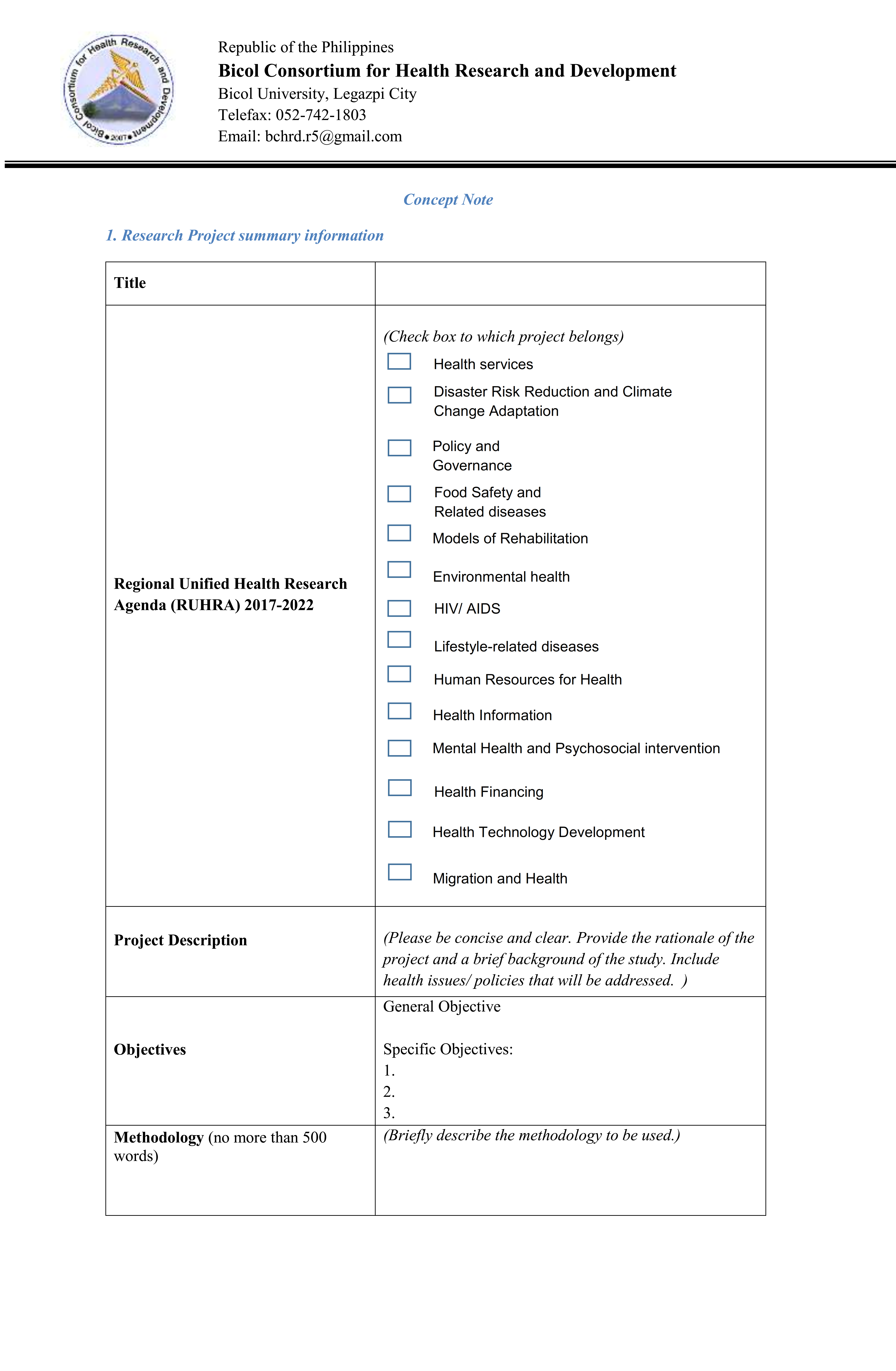
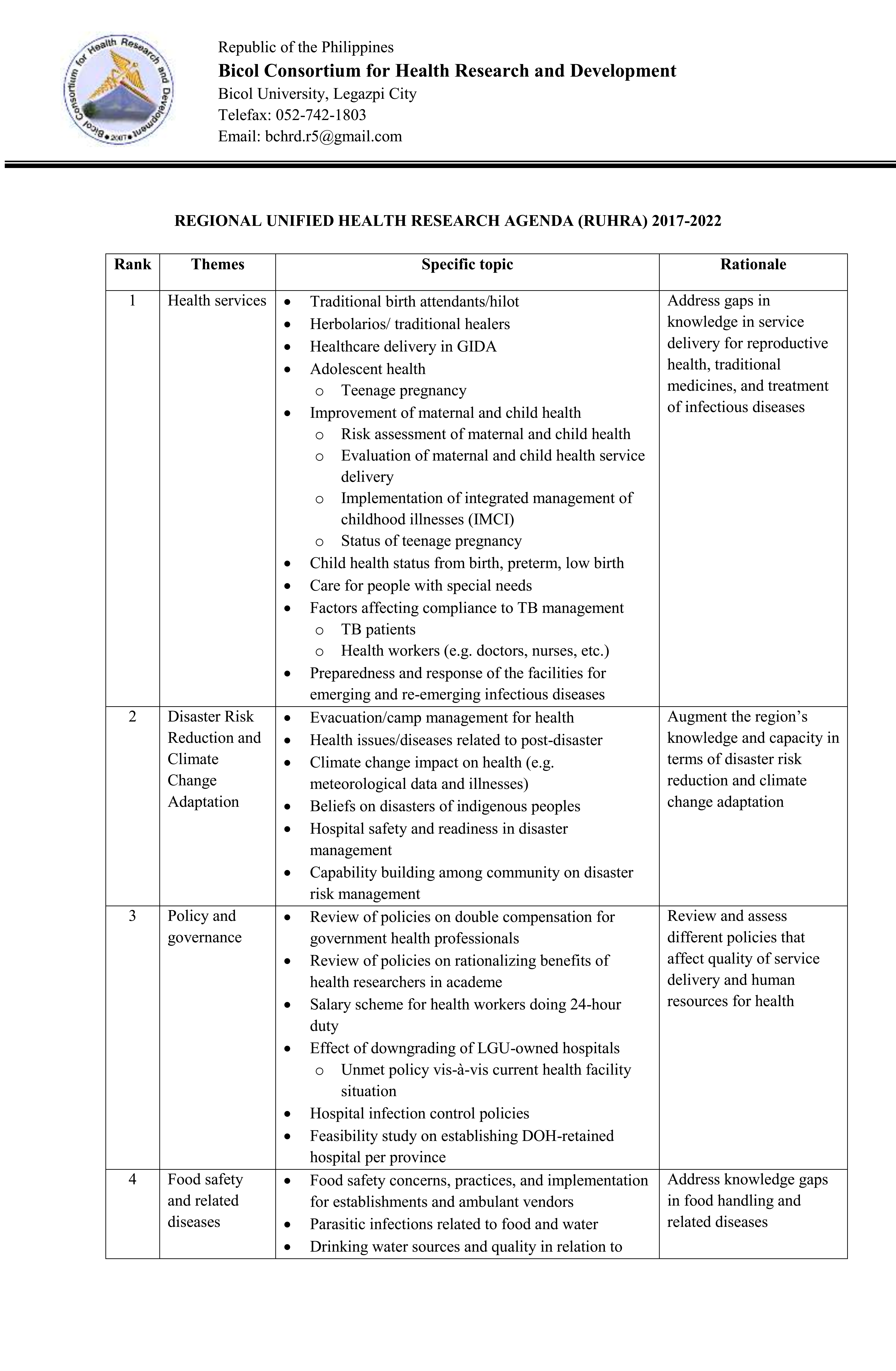
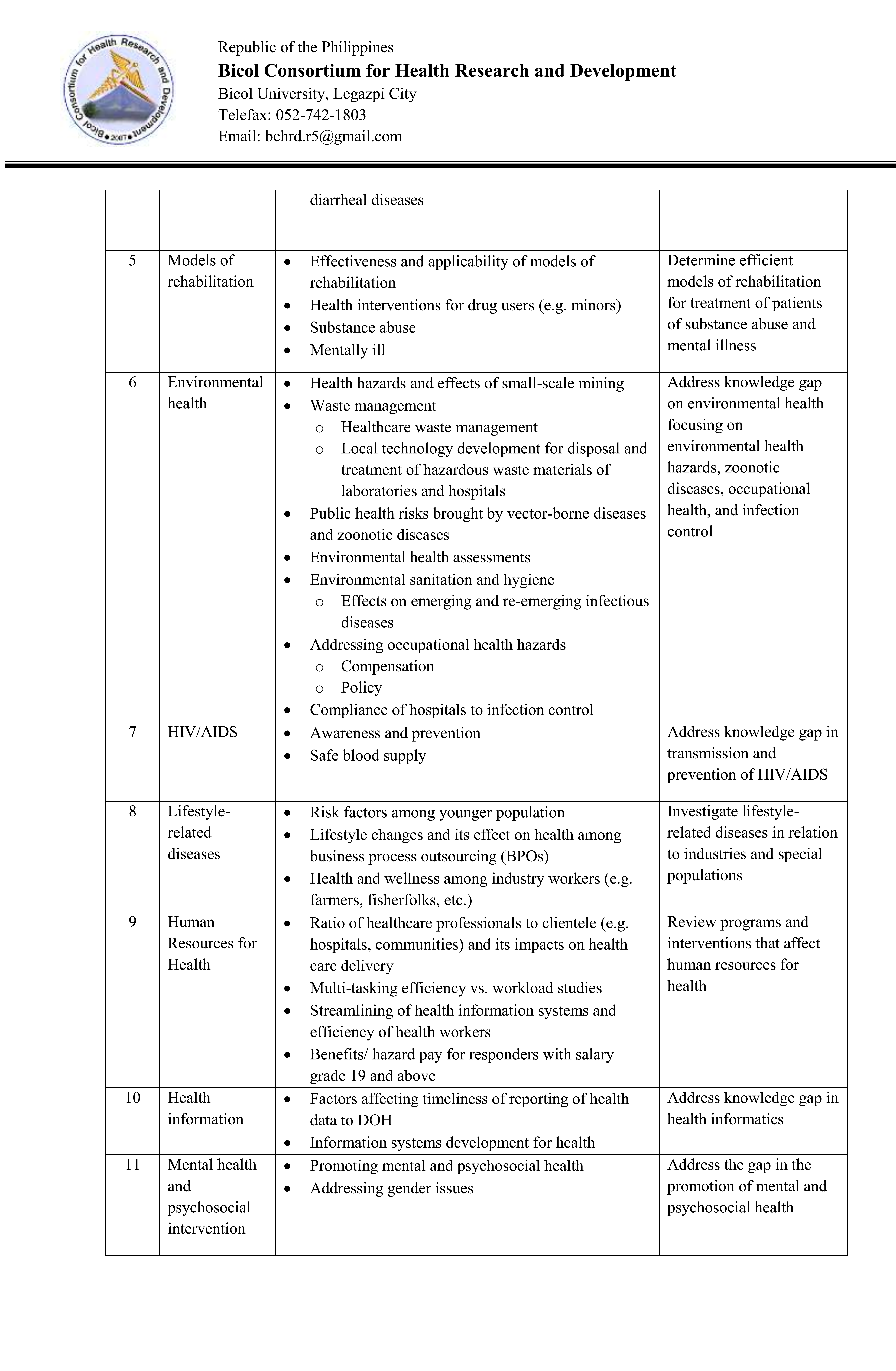
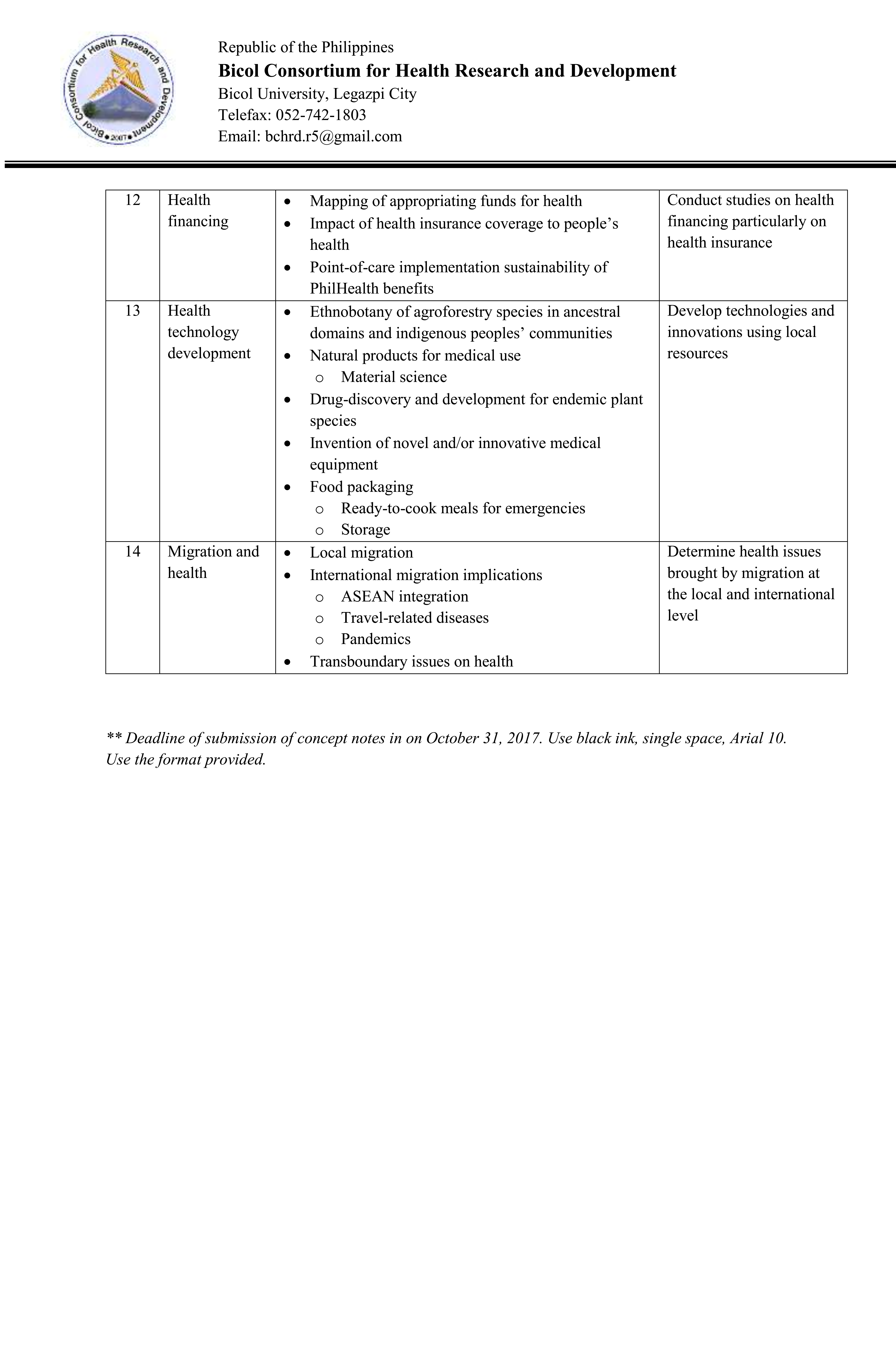
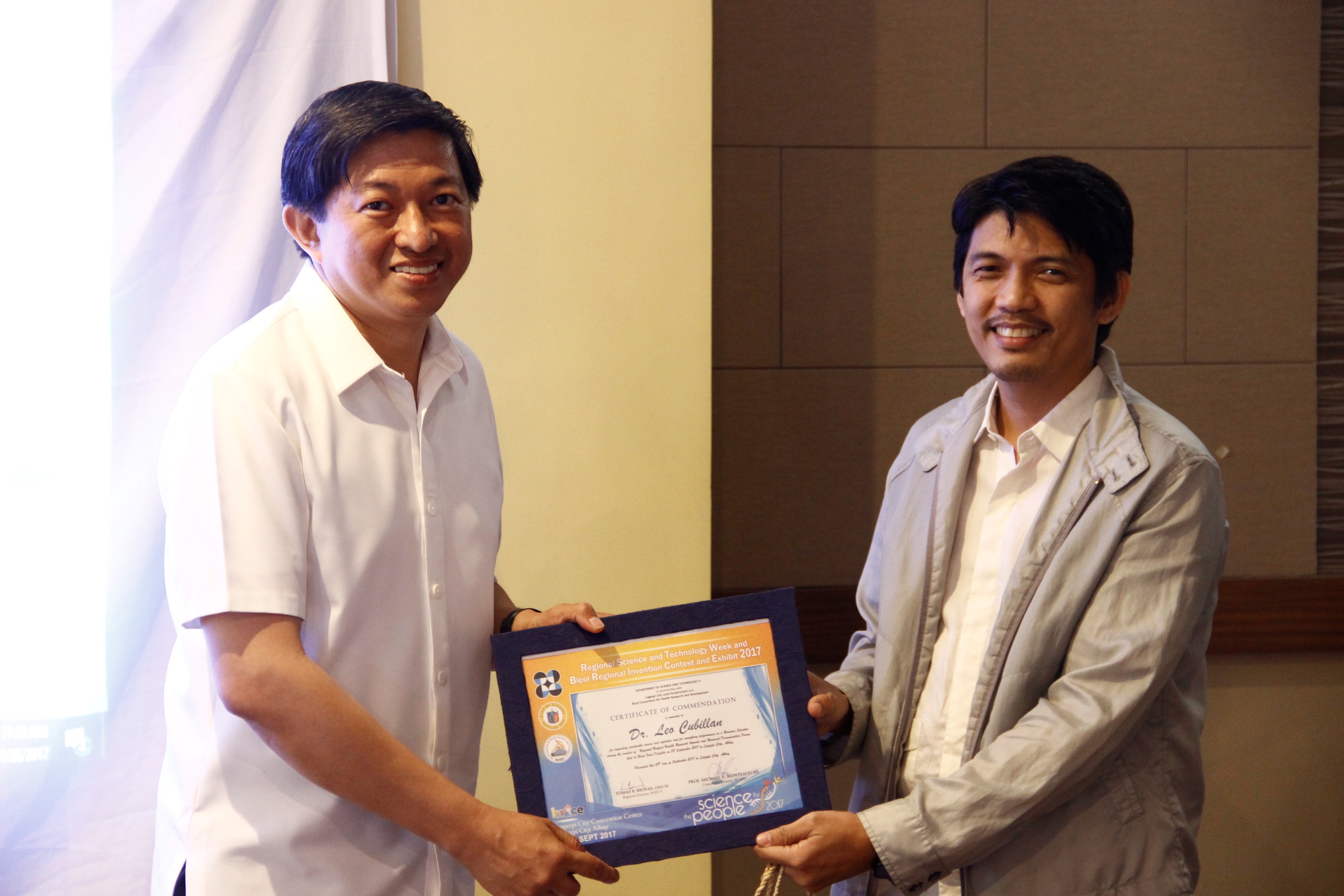
Every year the Department of Science and Technology Regional Office V celebrate's the Regional Science and Technology Week and Bicol Regional and Invention Contest and Exhibit. As partner agency of the DOST-V, BCHRD joins in celebrating the regions biggest celebration for science and technology. One of the efforts of the consortium is to conduct a forum about the health research. This year BCHRD focus on disseminating the RUHRA and Research Dissemination on NVSP.
|
REVISED REGIONAL UNIFIED HEALTH RESEARCH AGENDA (RUHRA 2018-2022) Topics and Subtopics |
|
1. Health services o Healthcare delivery in GIDA o Adolescent health o Teenage pregnancy o Improvement of maternal and child health o Risk assessment of maternal and child health o Evaluation of maternal and child health service delivery o Implementation of integrated management of childhood illnesses (IMCI) o Child health status from birth, preterm, low birth o Traditional birth attendants/hilot o Herbolarios/ traditional healers o Care for people with special needs (retain) o Mental health and psychosocial intervention o Substance abuse o PWD o Vulnerable population o Gender issues o Factors affecting compliance to TB management (retain) o TB patients o Health workers (e.g. doctors, nurses, etc.) o Preparedness and response of the facilities for emerging and re-emerging infectious diseases o Human Resources for Health |
|
2. Disaster Risk Reduction and Climate Change Adaptation § Evacuation/camp management for health § Health issues/diseases related to post-disaster § Climate change impact on health (e.g. meteorological data and illnesses) § Beliefs on disasters of indigenous peoples § Hospital safety and readiness in disaster management § Capability building among community on disaster risk management |
|
3. Policy and governance · Health financing o Mapping of appropriating funds for health o Impact of health insurance coverage to people’s health o Point-of-care implementation o Sustainability of PhilHealth benefits o Effect of downgrading of LGU-owned hospitals o policy vis-à-vis current health facility situation o Hospital infection control o establishing DOH-retained hospital per province |
|
4. Food safety o Food safety concerns, practices, and implementation for establishments and ambulant vendors o Diseases and Infestation related to food and water |
|
5. Environmental health o Health hazards and effects of small-scale mining o Waste management o Healthcare waste management § Infection control o Local technology development for disposal and treatment of hazardous waste materials of laboratories and hospitals o Public health risks brought by vector-borne diseases and zoonotic diseases o Environmental health assessments o Environmental sanitation and hygiene o Effects on emerging and re-emerging infectious diseases o Addressing occupational health hazards o Compensation o Policy |
|
6. HIV/AIDS- o Awareness and prevention o Safe blood supply |
|
7. Interventions to address Lifestyle-related diseases o Risk factors among younger population o Lifestyle changes and its effect on health among business process outsourcing (BPOs) o Health and wellness among industry workers (e.g. farmers, fisherfolks, etc.) |
|
8. Health technology development o Ethnobotany of agroforestry species in ancestral domains and indigenous peoples’ communities o Natural products for medical use · Material science o Drug-discovery and development for endemic plant species o Invention of novel and/or innovative medical equipment o Food packaging · Ready-to-cook meals for emergencies · Storage |
|
9. Migration and health o Local migration o International migration implications o ASEAN integration o Travel-related diseases o Pandemics |
|
10. Substance Abuse o Effectiveness and applicability of models of rehabilitation o Health interventions for drug users (e.g. minors) |
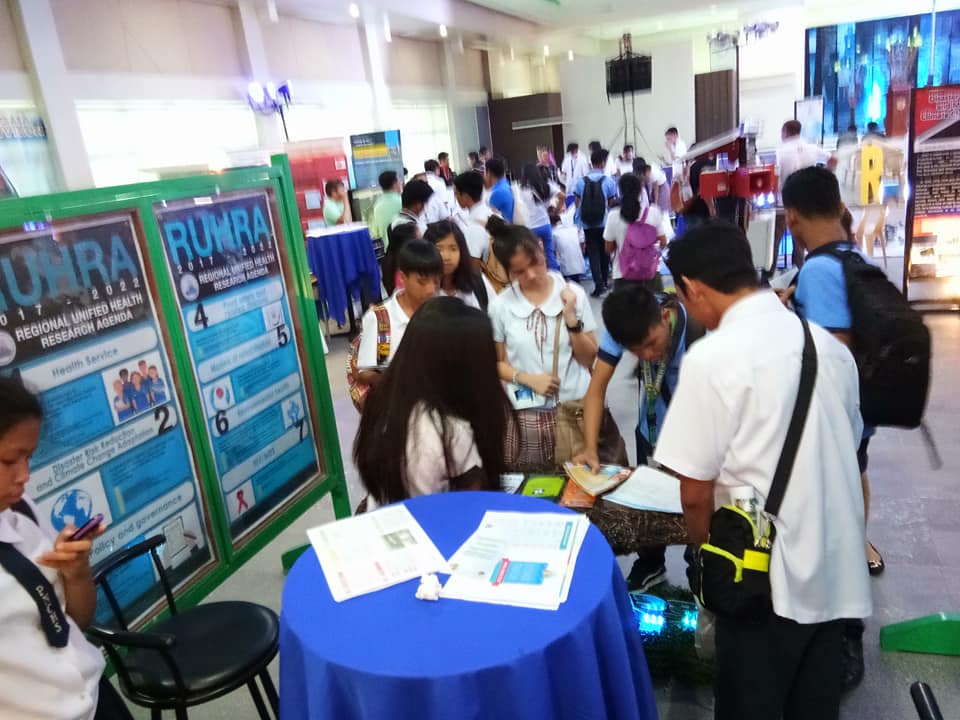
Picture taken during the 2017 RSTW/BRICE Exhibit
Picture taken during the BCHRD Forum on 2017 RSTW/BRICE
Hurray! Science for People
The consortium is now starting to establish and promote the Regional Unified Health Research Agenda for 2017 - 2022. With the help of the DOST Regional Office 5, the consortium takes the opportunity to disseminate the main goal of the agenda through the exhibits and forum. The main goal of it is to encourage the researchers to create good researches that answers the current needs of the region in terms of health. For more info about the Region's Priority for Health Research here is the link .. BICOL RUHRA (2017-2022)
The BCHRD will be joining with the science and technology community as the DOST V celebrates the Regional Science and Technology Week and the Bicol Regional Invention Contests and Exhibits on September 26-28, 2017 at the Legazpi City convention Center. The said gathering will be an opportunity for all the scientists, inventors and stakeholders to showcase their products, inventions and practices in the region.
We are inviting everyone to join us in this celebration.
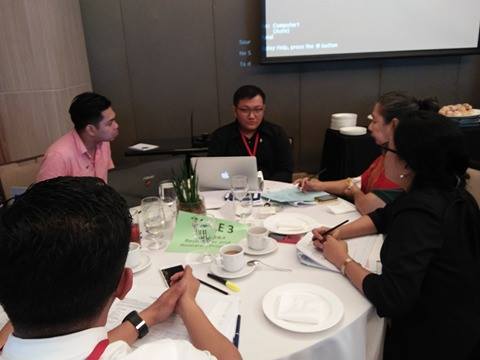
The PNHRS has come up with the System of Monitoring and Evaluation (SoME) of the Research and Researchers, Consortium and Institution. The main goal is to help the PNHRS monitor and evaluate the research, researchers, consortium and institution’s progress in their on-going activities/ researches/projects, and to help in making it easier to determine if their activities/ researches/projects are still aligning with the Goals and Visions of the PNHRS.
The authors of the new forms in SoME are Dr. Merlita Opeña and Dr. Ophelia Saniel. They have explained that the four forms are to be used in determining the progress of each research, as well as their respective researchers. The four forms are still to be reconstructed as per suggestions of the representatives of each region. The Four Forms shall be endorsed upon revision.

